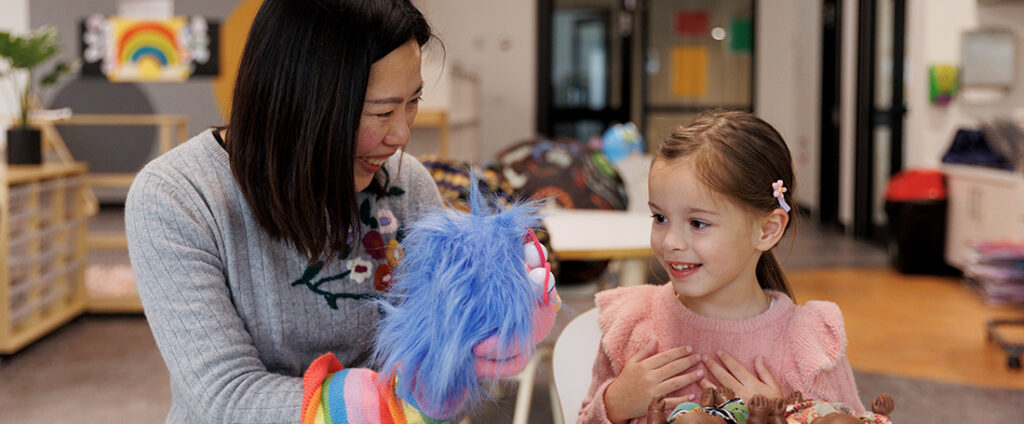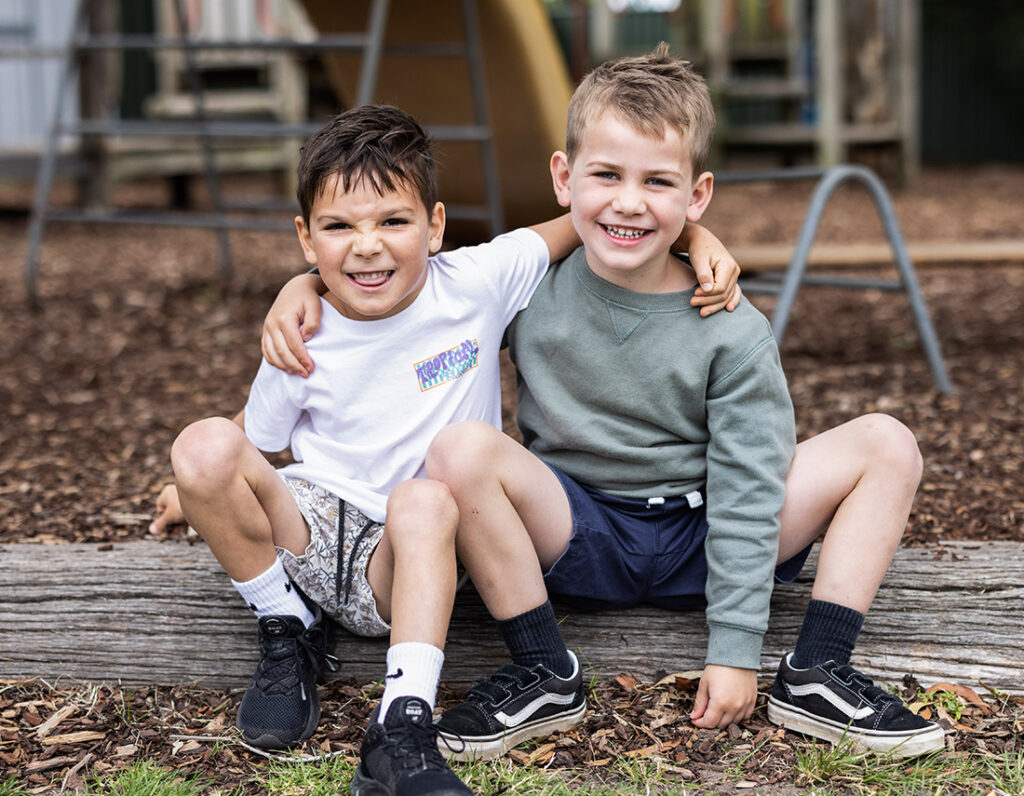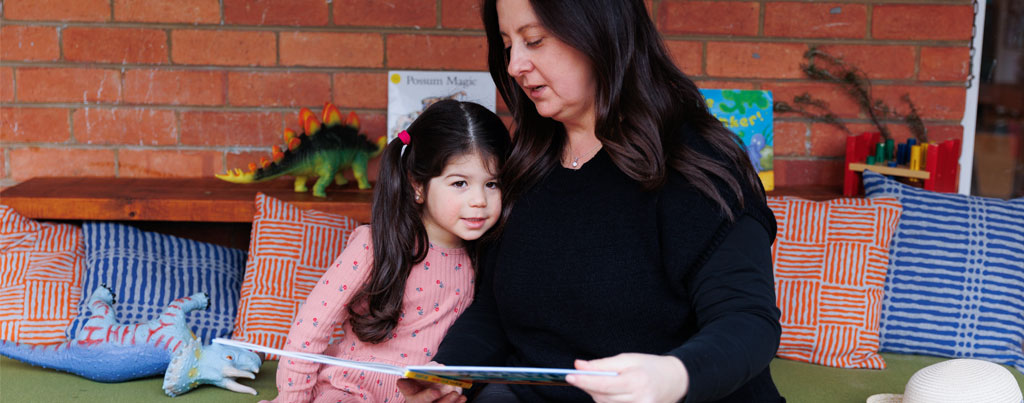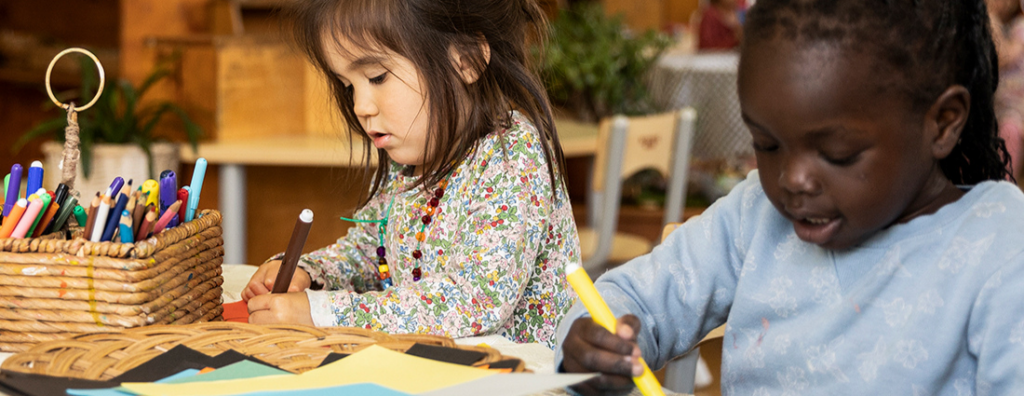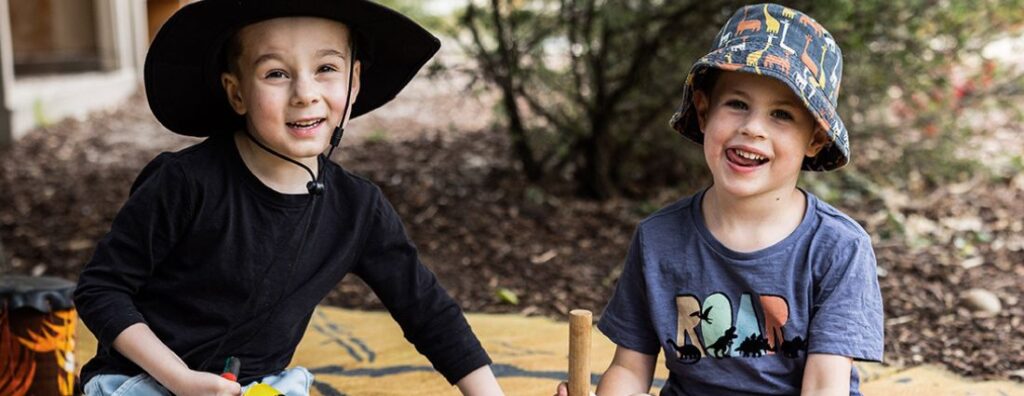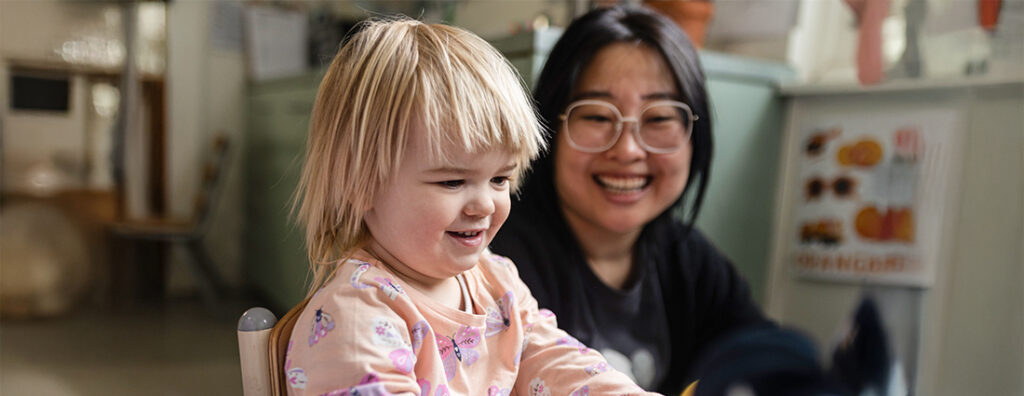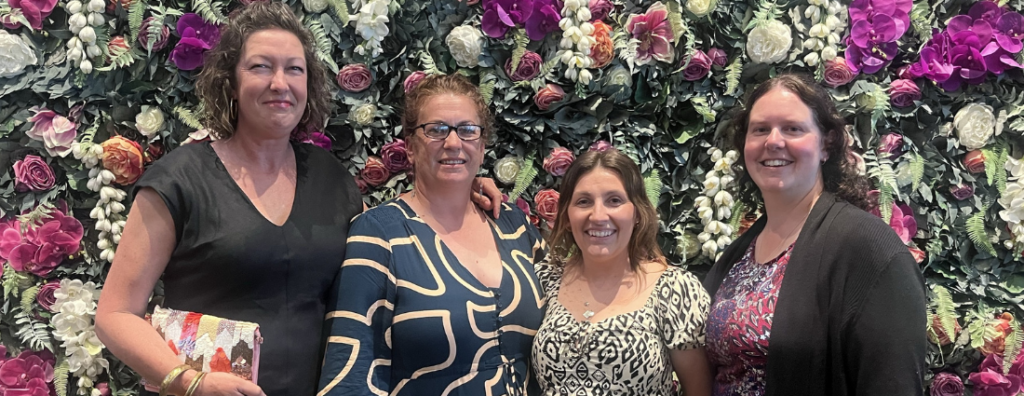For most of us, the COVID-19 pandemic was anything but normal. However, for the children born during its wake, a life of lockdown is all they have ever known.
“At the start of this year, we had some three-year-olds who grew up under the shadow of COVID and had consequently experienced a form of social isolation,” said Uniting early childhood teacher, Charlotte.
“These children have been raised in a world where everyone wears masks. They don’t know how to read expressions.”
Charlotte quickly realised her regular approach to early learning had to be adapted.
“The first couple of weeks [of kindergarten] were such a challenge. These children didn’t know how to exist in the same space together,” she said.
“They had never been in care before or been away from their primary caregivers.
“Anxiety was far higher than past years, and many children lacked the social skills to be able to play together. Some children could not tolerate a peer playing alongside them.”
Charlotte brought her team together for some critical reflection.
“As a team we had to think, ‘what can we do to make this work?’ We tuned into the children’s pace and rhythm. We reflected on our individual educational philosophies and the areas of commonality,” she said.
“We then incorporated the values of our parents and families, and the voices of the children, to redesign our service philosophy.”
Bringing peers together
Charlotte believes the integration of three and four-year-olds in her class has really contributed to a nurturing and peer-led learning environment.
“I have seen a huge difference between the children who are in integrated classes,” she said.
“We are here to develop children’s resilience and capacities and if you apply that to all children, aged three and four, then you’re going to teach them the skills to help themselves.
“They have amazing outcomes. It’s a great opportunity for peer learning.”
Charlotte and her team have heavily drawn on slow pedagogy to support their children’s learning. An approach to education that focuses on being attentive to a child’s pace, rhythm and interests, and creating opportunities for observation, listening and reflection.
“We embraced slowing down and ‘being and seeing with the children’, fostering a sense of belonging, inquiry-based leaning, empowering children’s agency, and valuing the natural world and indigenous perspectives,” said Charlotte.
“We have been following the children’s lead and really noticing what they’re interested in. It’s about allowing them the agency to learn what they want to learn, to create, to work together and to co-orporate.”
Charlotte explains that as an educator it’s easy to fall into a rhythm of busyness – tidying, organising, and cleaning, instead of being present and available to the children.
“We can also find ourselves too often taking control of the direction of the learning, instead of following the child’s lead and extending on their learning and ideas in a natural way,” she said.
“Slow pedagogy allows a richer understanding of and connection with the children in our care, their strengths, and their capacities.”
A love of learning
Charlotte and her team have been receiving incredible feedback from families.
“We plan with the mindset that we need to meet every child’s needs. We want them to want to be here and they do. They do ridiculous things to try to come to kinder on non-kinder days,” she said.
“One mother was telling me just the other day that her son got dressed in his kinder clothes and tried to convince her that it was a kinder day.”
Charlotte recalls another child who previously couldn’t make it through a full day of kindergarten.
“We had this one beautiful child who would get very upset and miss his Mum,” she said. “Apparently last year he never made it through a single session of kindergarten.
“His Mum waited for the call all day but he made it through the whole session. And to this day he’s never gone home early, he loves kinder.”
Despite initial worries, Charlotte was amazed to see how quickly the children’s skills, confidence and resilience developed.
“It’s so incredible to see that a group of children who couldn’t even walk through the front door on their first day are now so connected and empowered,” she said.
“They are so skilled. They share, they take turns, they know how to be a good friend.”
Enrolments for 2024 are now open. Find your local centre today.
